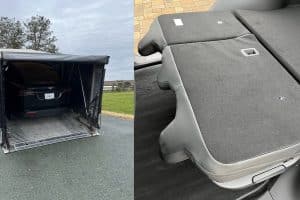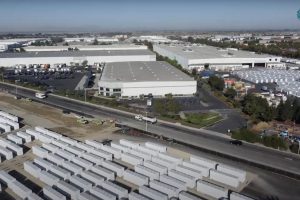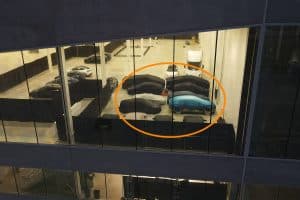Tesla is “serious” about building a new factory in India, according to a Minister in the country, but what has changed regarding the country and the company’s terms for an investment remains unclear.
Yesterday, Tesla was reportedly planning to begin a reignited effort to build a new production facility in India. After the company tried for nearly a year to come to terms with the Indian government on a demand test by importing vehicles at a reduced duty rate, an agreement was never reached.
Talks had stalled despite Tesla building out a robust team of executives that would handle the early operations of the effort. Earlier this month, we reported that Tesla was actually planning to meet with the government, and subtle moves like a follow of Indian Prime Minister Narendra Modi by CEO Elon Musk on Twitter hinted things could be moving forward.
This morning, more fuel was added to that flame, as Rajeev Chandrasekhar, India’s Minister of State for Skill Development and Entrepreneurship, said Tesla was “serious” about setting up a production plant in the country, Reuters said.
But what has changed in terms of what each party wants remains unclear.
Tesla was committed to building a factory in India under one condition: it could test demand by importing vehicles from Giga Shanghai in China to see if customers would flock to the EV maker’s product. Of course, people were interested, but the import duties on vehicles coming from outside of India’s border carried major implications in terms of pricing, doubling the cost of some cars.
This sent Tesla to the idea of having import duties reduced temporarily, which would still add cost to each unit that was sold but would give the company an idea of whether it was worth investing billions on a factory in a market it has no real idea regarding the demand for its products.
India’s government, which has a heavy focus on domestic manufacturing efforts through its Make In India campaign, was less than enthusiastic about Tesla’s wishes to import vehicles from another market into the country.
But what has changed? Evidently, nothing is apparent when looking at it from the surface. However, Tesla has been committed to expanding its presence across the globe and wants to continue building vehicles in a variety of new markets to take advantage of the growing interest in the EV sector from a consumer standpoint.
Of course, the two parties have been interested in a conglomeration that would see the EVs built in the country, but Tesla is not going to commit to a massive manufacturing effort there without some sort of market research to determine whether it is worth it or not.
Elon Musk will likely stand firm, but India is not one to shy away from its long-term wants to keep manufacturing within.





